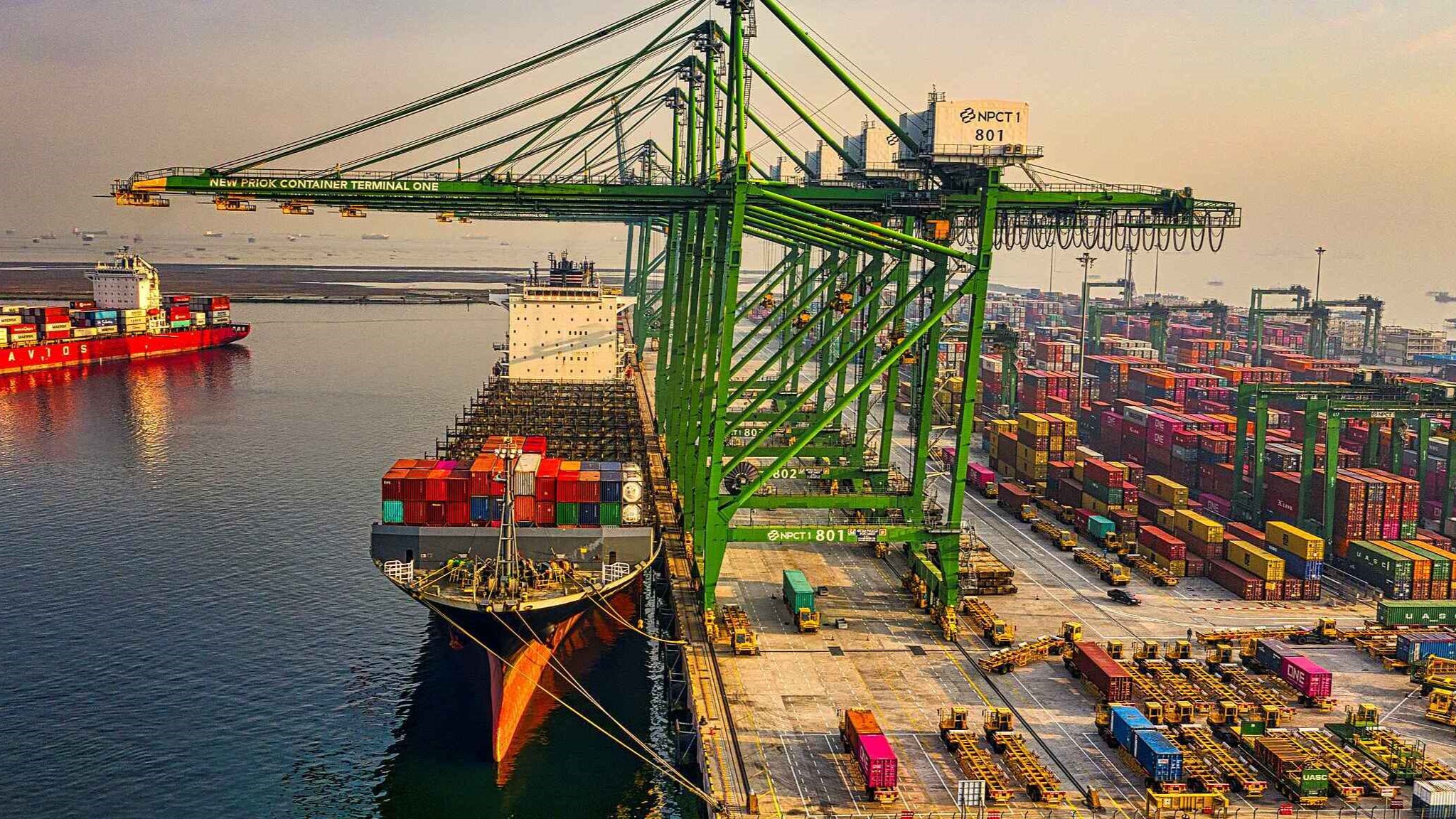
In March 2023, the International Organization for Standardization (ISO) published the long-awaited ISO 14083 standard, and in doing so it offered an important tool to make it easier for the logistics industry reduce its carbon footprint.
Transport operations may vary to a great extent, from multinational organizations operating multiple transport modes to deliver transport services across the globe, through small local operators delivering a simple service to a single user. The new ISO standard covers all modes of transport, i.e. air, rail, road, sea or inland waterways, and all means of transport – vessel, vehicle or pipeline. In addition to transport GHG emissions and includes the operational emissions from logistics hubs facilitating transfer of freight from one element of a transport chain to the next.
The new ISO standard is building on earlier standardization efforts by the Global Logistics Emissions Council (GLEC) and will effectively replace the European standard EN 16258 which was first released in 2012, offering a methodology that allows for greater consistency and transparency in emissions reporting.
By adopting ISO 14083, logistics service providers can differentiate themselves from their competitors, attract more customers, and enhance their reputation. The logistics industry has a responsibility to reduce its environmental impact, and the ISO 14083 standard provides a framework for achieving this goal.
Quantification and reporting of emissions on the CO2Path.io platform are based on the guidelines specified in ISO 14083.
Visit ISO to learn more: https://www.iso.org/en/contents/news/2023/01/a-net-zero-logistics-sector.html